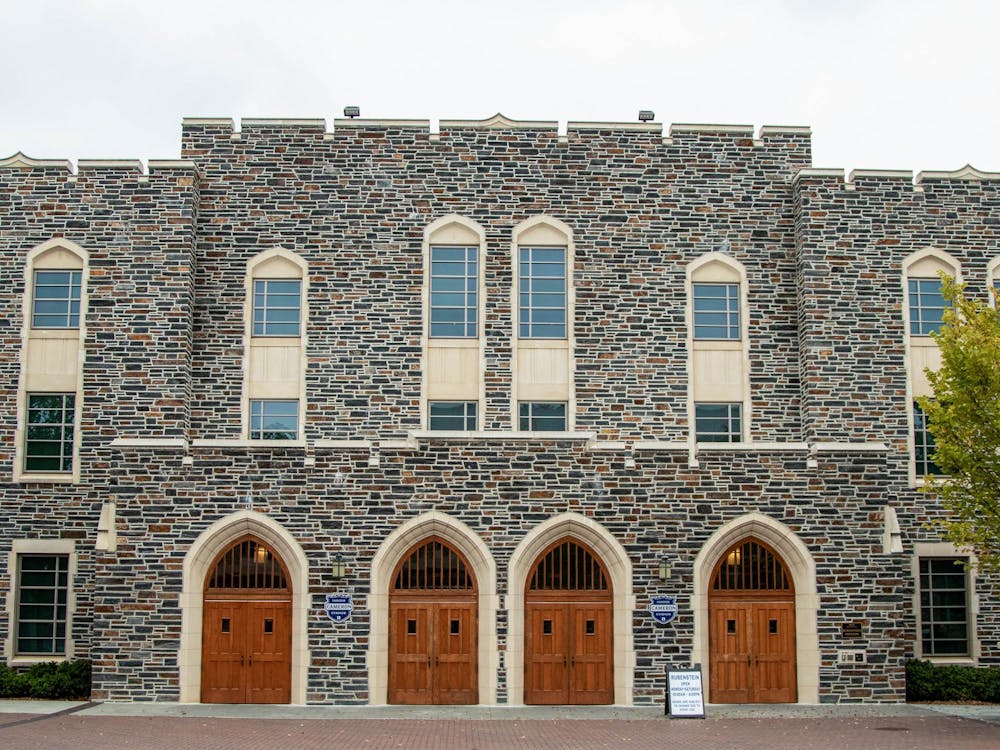North Carolina Gov. Roy Cooper announced Friday afternoon that he would be rescinding a 2021 executive order guiding universities on how to manage name, image and likeness (NIL) profits by student-athletes.
Director of Athletics Nina King released a statement in response to Cooper’s actions.
“Duke University and Duke Athletics have been aligned in support of our student-athletes taking full advantage of Name, Image and Likeness (NIL) opportunities from the outset,” King said. “Regarding today’s news, we are wholly supportive of Governor Cooper’s decision to rescind the Executive Order and appreciate his efforts as everyone navigates this unique and challenging time in college athletics.”
“We believe this is a step in the right direction to allow our student-athletes more flexibility inside the NIL landscape and all institutions within the state to remain competitive at the highest level with our counterparts nationwide,” King said.
Cooper’s original executive order was given after the NCAA announced that athletes were permitted to use their NIL to earn sponsorship deals and thus make money from their notoriety. The NCAA initially banned boosters from direct involvement in recruiting athletes and schools could be punished for breaking those rules.
“Within days of the NCAA’s announcement that college athletes could benefit from their NIL, we put these rules in place at the request of colleges and universities to make sure they had the tools they needed to compete at the highest level,” Cooper said. “While these rules were helpful earlier in the process, they are no longer necessary, and I want to thank our colleges and universities for working with us so closely.”
The executive order's rollback comes just weeks after a federal judge prohibited the NCAA from punishing students and boosters who negotiated NIL deals, granting a preliminary injunction to Tennessee and Virginia. While not the final ruling in the case, the injunction has major impacts on how NIL deals will be negotiated in the coming weeks.
Earlier this week, the Dartmouth men’s basketball team voted to unionize, becoming the first student-athletes across the U.S. to do so. Moreover, the NCAA has floated the idea of allowing schools to pay athletes directly — a potentially earth-shattering shift in its assertion that student-athletes are amateurs.
Get The Chronicle straight to your inbox
Sign up for our weekly newsletter. Cancel at any time.

Andrew Long is a Trinity senior and recruitment/social chair of The Chronicle's 120th volume. He was previously sports editor for Volume 119.

